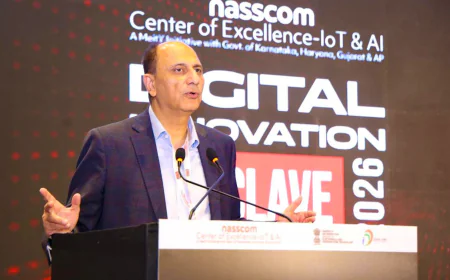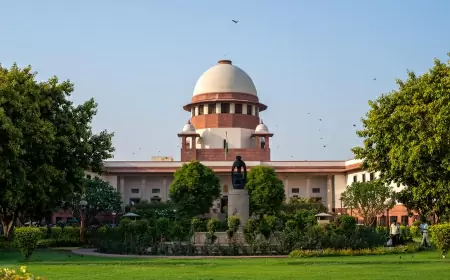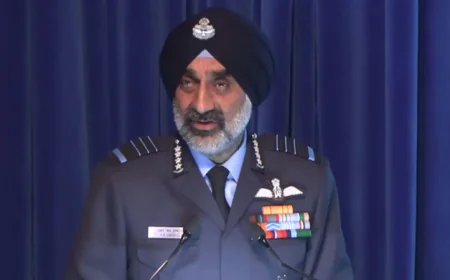'Mediation is becoming the preferred method of resolving disputes', SC judge said - it is no longer an alternative mechanism
Supreme Court judge Justice Suryakant said that India is not only trying to match the arbitration centers but also reimagining them. Arbitration is now becoming the preferred method of resolving disputes and not just a secondary mechanism. He mentioned the challenges in implementing arbitration decisions and advocated public-private sector participation for institutional development.

Supreme Court judge Justice Suryakant described how India is no longer merely attempting to keep up with the established arbitration hubs, but is "reimagining" what arbitration can and must look like in a dynamic and multipolar legal system.
He added that not just the future of arbitration but also its Indian dimension is bright. Arbitration is no longer regarded as an alternate or subsidiary mechanism, but it is being adopted as a favored means of settling disputes. He was addressing a roundtable discussion on 'Reimagining International Arbitration: India's Rise as a Global Arbitration Destination' organized in Gothenburg, Sweden, on July 10.
He also mentioned serious issues, including obstructions in the process of executing arbitral awards, which need to be resolved in the country. He also advocated public-private sector partnerships to promote institutional development.
Want to get your story featured as above? click here!
Want to get your story featured as above? click here!
He said arbitration is no longer seen as a secondary or alternative mechanism. Rather, it is becoming a preferred method of resolving disputes. He said that through targeted reforms, judicial rebalancing, institutional development, and a deepening cultural commitment to arbitration, India is building a model that is not only in line with global standards but also reflects its specific legal and economic context.
The Supreme Court judge said, "The message I want to give you is clear. India is no longer merely trying to catch up with established arbitration centres, but is actively reimagining what arbitration can and should be in a dynamic, multipolar legal order."
He said this transformation cannot happen through law and infrastructure alone but requires a collective effort by governments, arbitration institutions, professionals, and academia to nurture India's arbitration ecosystem, build trust,t and promote international dialogue.
"If we can sustain this momentum with thoughtful engagement and continued innovation, not only will India serve as a strong venue for arbitration, but it will also help shape its future," he added.
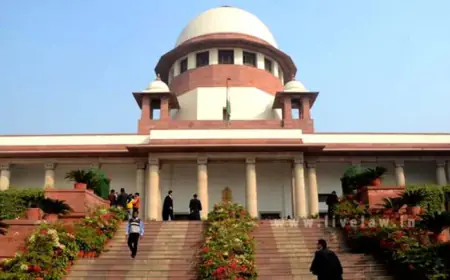

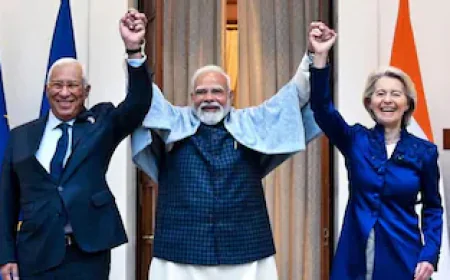
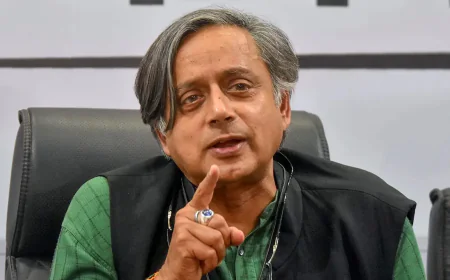













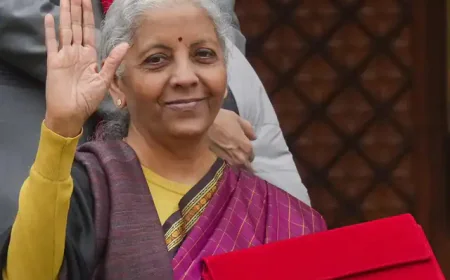


.jpg)





















